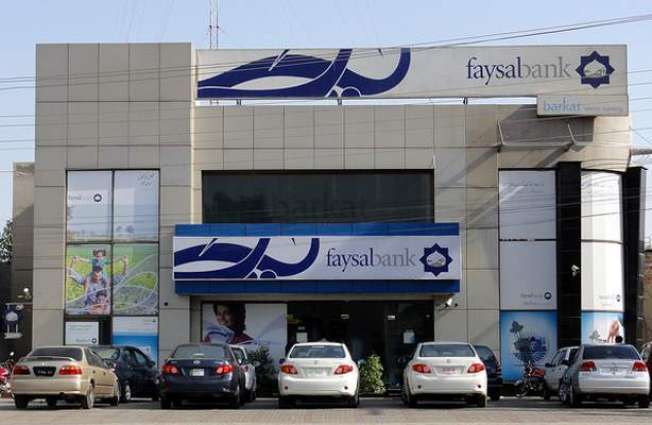Faysal Bank Limited (PSX: FABL) announced on Thursday to set up a fully-owned exchange company with an initial capital injection of Rs 1 billion.
This move aligns with the provisions outlined in Sections 96 and 131 of the Securities Act, 2015, and Regulation 5.6.1 of the Pakistan Stock Exchange (PSX) Rule Book.
During a board meeting held on September 27, 2023, Faysal Bank Limited’s board of directors approved the establishment of an exchange company, starting with an initial paid-up capital of Rs 1 billion, pending clearance and approval from the State Bank of Pakistan (SBP) and the Securities and Exchange Commission of Pakistan (SECP), bank’s filing in the Pakistan Stock Exchange (PSX) said.
This development follows recent efforts to combat illicit activities in the black market. The SBP has pledged to institute structural reforms in the exchange company sector, emphasizing the gravity of the situation.
The primary aim of this crackdown is to enhance oversight of the open market and strengthen governance structures, internal controls, and compliance procedures within the sector. The minimum capital requirement for exchange companies has been raised from Rs 200 million to Rs 500 million, with the additional requirement that the capital must be free of losses.
It’s noteworthy that Faysal Bank Limited joins the ranks of major banks keen on participating in this transformative shift. United Bank Limited (UBL), Meezan Bank, MCB Bank Limited (MCB), Bank AL Habib (BAHL), and Allied Bank Limited (ABL) have all recently indicated their intentions to establish their own forex companies.
Habib Bank Limited (HBL) and the National Bank of Pakistan (NPB) had already ventured into exchange companies before the introduction of these new regulatory measures by the SBP.

























This website has been created to cater for the need of the teeming population of those people